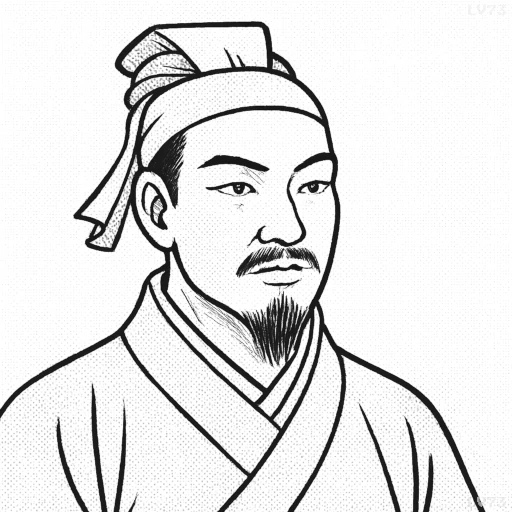“If ignorant both of your enemy and yourself, you are certain to be in peril.”

- 544 BC-496 BC
- Born in China
- Military strategist, military strategist
table of contents
Quote
“If ignorant both of your enemy and yourself, you are certain to be in peril.”
Explanation
This quote underscores the importance of self-awareness and understanding the enemy in the art of war. Sun Tzu argues that ignorance of both sides of the conflict—the strengths and weaknesses of your own forces, as well as those of your enemy—guarantees failure. Without this knowledge, every decision becomes a gamble, and every move made in battle is at the mercy of chance. To succeed, a leader must possess a deep understanding of their own capabilities, limitations, and motivations, as well as those of the opponent. This knowledge allows for informed decision-making, effective strategic planning, and the ability to exploit the enemy’s vulnerabilities. Sun Tzu emphasizes that self-awareness and intelligence-gathering are critical for any successful military campaign, as these elements allow for calculated actions that increase the likelihood of victory.
This concept is widely applicable in modern contexts, such as business, politics, and sports. In business, companies that fail to understand their own strengths—such as a unique product, customer loyalty, or operational efficiency—are at a significant disadvantage against competitors. Furthermore, a company that does not understand the market conditions or the strategies of competitors risks making poor decisions, as seen in the downfall of companies like Kodak or Blockbuster that failed to anticipate market shifts. In politics, leaders who fail to understand both their own nation’s needs and the strategies of rival nations can lead their countries into unnecessary conflicts or disastrous diplomatic failures. For instance, the lack of understanding of Soviet intentions during the Cold War contributed to unnecessary arms races. In sports, coaches and players who do not analyze their own team’s strengths or study their opponents’ tactics are at a disadvantage in competitive play.
Historically, this principle has been exemplified by many leaders and generals who understood the necessity of knowing both their own forces and the enemy. Napoleon Bonaparte was a master of understanding his own forces and the vulnerabilities of his enemies. He meticulously gathered intelligence on the terrain, the morale of opposing troops, and the intentions of his adversaries. Similarly, General Dwight D. Eisenhower during World War II showed a deep understanding of both the Allied forces and the Axis powers, which enabled the successful Normandy invasion. Another historical example is the Vietnam War, where the United States failed to understand the resiliency and strategic advantage of the North Vietnamese, which led to a prolonged conflict with disastrous outcomes. Sun Tzu’s warning about ignorance being a path to danger highlights the enduring relevance of thorough preparation and awareness in any conflict, be it military, political, or strategic.
Would you like to share your impressions or related stories about this quote in the comments section?
